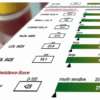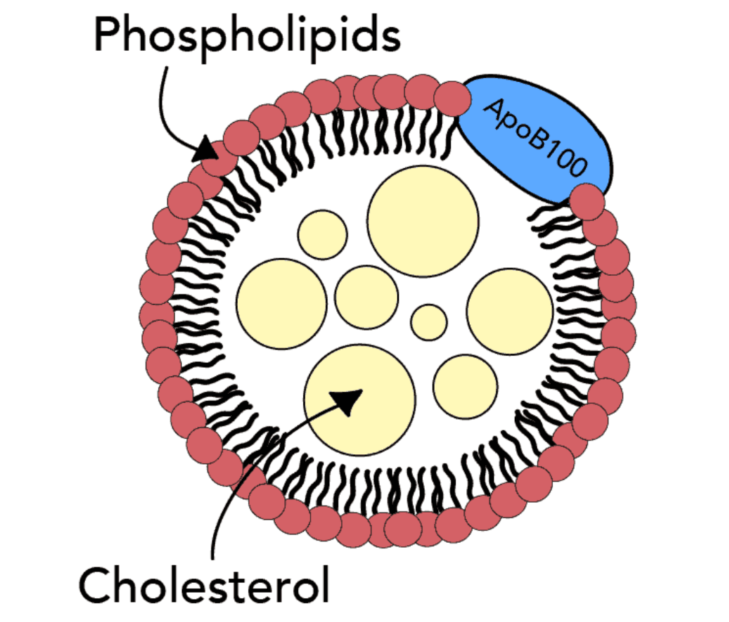Apolipoprotein B (ApoB) Test – Advanced Lipid Particle Risk Marker
$49.00
CPT 82172,
Apolipoprotein B (ApoB) Test – Advanced Marker of Atherogenic Risk
Description
The Apolipoprotein B (ApoB) test measures the number of cholesterol-carrying particles (lipoproteins) in your blood that are capable of forming plaque inside your arteries.
Each of these atherogenic particles—LDL, VLDL, IDL, and Lp(a)—contains one ApoB molecule, so the total ApoB count directly reflects the true number of potentially harmful particles, regardless of your LDL-cholesterol value.
This test provides a clearer picture of cardiovascular and metabolic risk than a standard lipid panel. Even if your LDL appears “normal,” a high ApoB level can signal excess small, dense, and oxidized lipoproteins—those most likely to cause arterial inflammation.
Why This Test Matters
-
ApoB is a stronger predictor of heart attack and stroke risk than total cholesterol or LDL-C.
-
Helps identify hidden atherogenic risk in people with normal or low LDL but high particle numbers.
-
Ideal for monitoring patients with metabolic syndrome, diabetes, or insulin resistance.
-
Guides clinicians in evaluating therapy effectiveness and when lifestyle changes are sufficient.
What’s Included
-
Apolipoprotein B concentration (mg/dL)
-
Represents total number of atherogenic particles (LDL, VLDL, IDL, Lp(a)).
-
Reference range: typically < 90 mg/dL considered optimal; > 120 mg/dL indicates elevated risk.
-
-
Optional consultation available with Dr. David Epstein, D.O. for interpretation and treatment planning.
What the Results Tell You
-
Whether your arteries are being exposed to excessive numbers of cholesterol-laden particles.
-
If your body is producing too many small, dense LDLs associated with oxidation and plaque formation.
-
How effectively your current nutrition or medication plan is controlling atherogenic lipoproteins.
Who Should Consider This Test
-
Anyone with borderline or high cholesterol wanting a deeper risk assessment.
-
Individuals with normal LDL but family history of heart disease.
-
Those with metabolic syndrome, insulin resistance, or type 2 diabetes.
-
Patients on statin or lipid-lowering therapy who need to monitor true particle reduction.
Test Details
-
Lab: LabCorp
-
Test Code: 861336
-
Specimen: Blood serum
-
Preparation: 8–12 hour fast recommended
-
Turnaround: 2–4 business days
-
CPT Code: 82172


